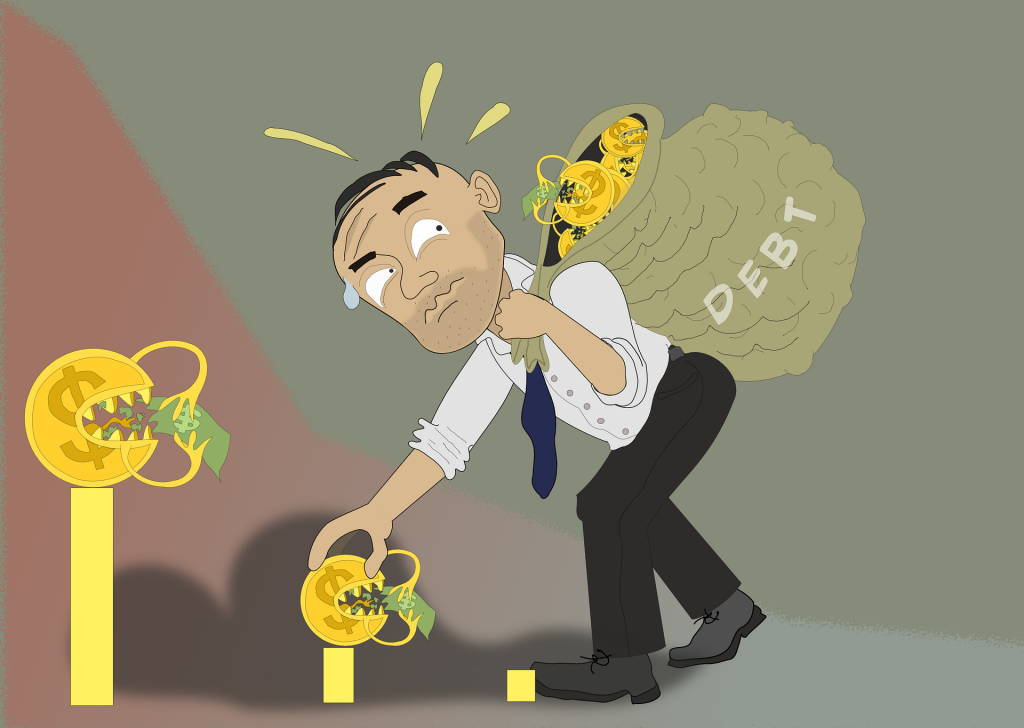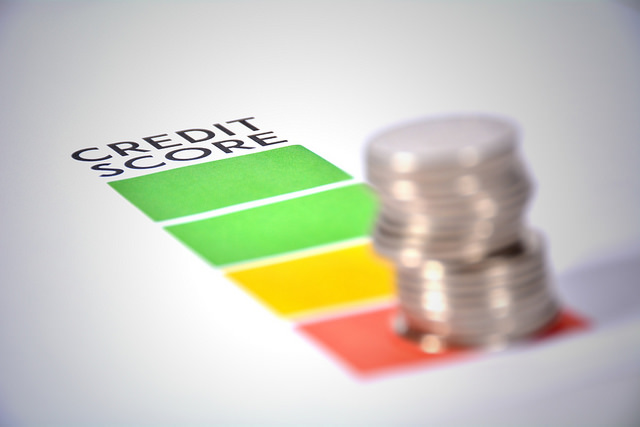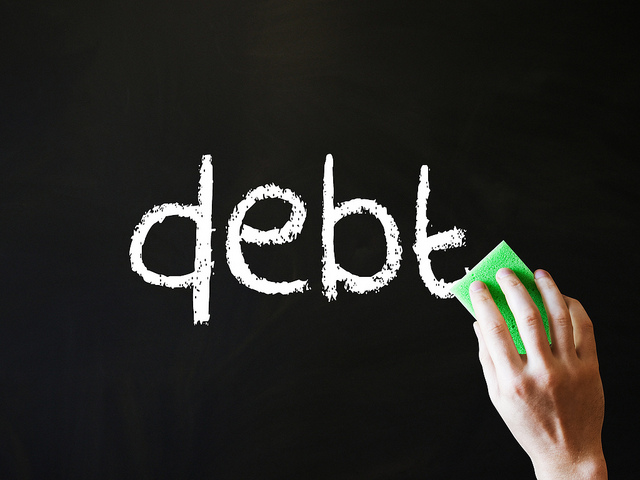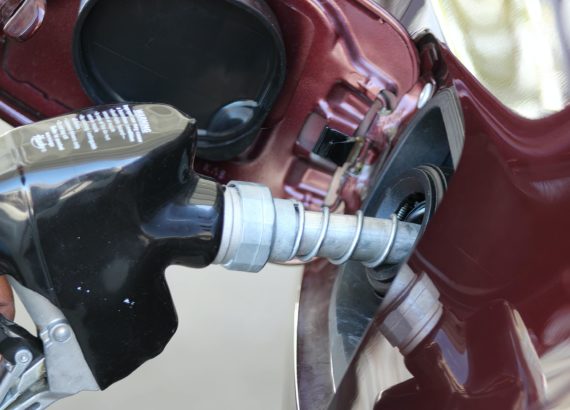Mistakes Everyone Makes When Trying To Clear Debt
Nobody likes to be in debt; it’s an invisible weight that drags you down, limits your options, and makes it almost impossible for you to move forward. But you probably got into debt for good reasons. You’re in debt because you took out loans to go to college, to buy a house, or because you simply took out a credit card to build good credit and you didn’t use it responsibly. Debt is merely the dark side of necessary financial decisions, and it does not have to be your permanent residence. However, getting out of debt is a slow, steady process that could take years. Making mistakes along the way could set you back several more years and land you in even greater debt. Here are just a few mistakes some people make while trying to get out of debt, so you know which pitfalls to avoid.
Doing it alone
Unless you are a financial expert with several expensive qualifications under your belt, you probably have no idea what you’re doing. That’s okay. Credit counseling agencies exist for a reason; they know all the options available to you, they are familiar with a lot of bank tactics and lender loopholes that can work against you or in your favor, and they are on your side. They will help you find a solution that works with your circumstances and financial situation, such as debt management, debt settlement, or even bankruptcy if they think that will work in your favor. Some might even speak to your creditors on your behalf so you’re no longer getting harassed by phone calls, emails, or letters. Having someone with experience fighting on your behalf will lighten your burden and let you focus on increasing your income so you can get out of debt faster.
Not checking your score
It’s tempting to leave your credit score at the back of your mind, but the fact is you’re doing yourself a disservice by not keeping yourself informed. Your credit score can tell you which credit cards you qualify for, save you from loan rejection, or even just let you know how you could improve it. Most importantly, not knowing your score could lead to inaccuracies and fraud, which could inadvertently cause more damage. You need to look at your score on sites like https://www.clearscore.com/ once a year to make sure that your score accurately reflects your credit history. If you spot a piece of information that is incorrect, file a report with the credit bureau that lists the wrong data. Checking your credit report for inaccuracies is an important step in your journey to reduce your debt, and if it’s wrong it might already clear some of your debt.
Paying off multiple debts
There might come a point when you’ve borrowed money from too many creditors, for whatever reason. They all want to be paid on time, perhaps all at once or on different dates each month. This leaves you feeling like there is no money left for you to pay your bills and expenses, and it is a complicated system that will make your debt burden feel heavier. It doesn’t make sense to pay off multiple creditors, when https://www.debtconsolidationusa.com/creditcarddebt/bank-of-america-debt-consolidation.html shows that a debt consolidation loan will pay off your creditors and let you pay back one single loan. It’s a more manageable option, it lets you negotiate how much you pay back each month, and it leaves you with some extra money once all your bills are paid. Be aware that, while this is a sensible option, this can also negatively impact your credit score. Make sure you’re choosing debt consolidation for the right reasons.
Late payments
It’s a relief when you find a solution that works for you, so the last mistake you want to make is missing out on payments. At best, you will have to pay an additional fine for the late payment, but this mistake can be more costly than you think. Late payments negatively affect that portion of your credit history and make you look like an unreliable borrower, so do everything you can to avoid making this mistake. It could even affect your debt repayment plan, because your debt manager will have to assume that you can’t afford the repayments anymore, therefore you’re no longer in a position to pay off the remaining debt. Do whatever it takes to make sure you’re not late in making your monthly payments. Some banks offer to set up monthly reminders so you know when your bills are due. If you are at a point where you don’t think you can afford the monthly repayments anymore, get in touch with your creditors, or a credit counseling agency, and get on top of the situation before it gets any worse.
Closing old credit card accounts
At the end of a long journey, your debt is finally cleared and you want to put the past behind you by closing off old credit card accounts. But you should really hold off doing this, because closing the accounts altogether could actually lower your credit score. Even if you pay off a credit card, you’re usually better off keeping that card open. Leaving your oldest accounts open helps increase your credit score and build good credit. After several years, the credit bureaus will eventually drop closed accounts from your credit report anyway.
Avoiding credit cards
After all your bad experience with debt, you might vow never to take out another credit card ever again. Unfortunately, a lack of credit is worse than bad credit, because it prevents you from securing a mortgage or a car loan down the road. When used responsibly, credit cards give you a way to slowly build up your credit history without the need for large purchases. The more you know about credit cards, the more responsible you will be about using them.
My Say
Ultimately, people break free from debt by living within their means and acquiring good credit responsibly.















